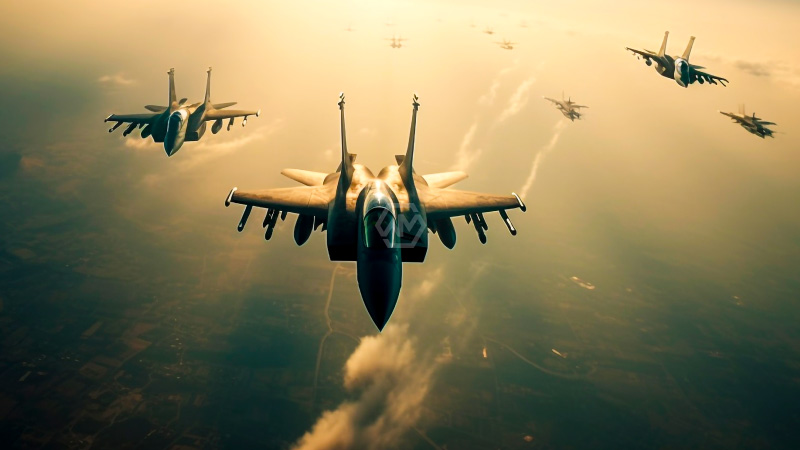- US and Canadian jets intercepted Russian and Chinese bombers near Alaska; aircraft remained in international airspace.
- Russia withdrew its navy from the Sea of Azov following successful Ukrainian attacks on its Black Sea Fleet.
- New Russian law penalizes soldiers for using personal devices on the frontline to prevent information leaks.
Recent military activities highlight the escalating geopolitical tensions between major powers. US and Canadian fighter jets were deployed to intercept Russian and Chinese nuclear-capable bombers that approached but did not enter North American airspace.
Meanwhile, Russia’s strategic repositioning of its naval forces is evident as it pulls its vessels from the Sea of Azov. Ukrainian forces have significantly impacted Russian naval capabilities, having destroyed a notable portion of the Black Sea Fleet, which has prompted a strategic redeployment by Moscow.
Heightened Military Tensions: US Intercepts Bombers as Russia Adjusts Naval Strategy
To address security concerns, Russia has introduced a new law prohibiting soldiers from using personal phones and navigation devices on the frontline. This legislation aims to prevent the dissemination of sensitive information that could compromise military positions and operations.
These developments illustrate the evolving nature of military strategies and security measures, reflecting ongoing geopolitical tensions and strategic shifts in response to conflict dynamics.
The recent interceptions and legislative changes illustrate the complex and shifting landscape of international military relations, driven by ongoing conflicts and security concerns.
“Russia’s successful attacks on targets in Russian-annexed Crimea and elsewhere in the Black Sea have forced the Russian navy to rebase many of its ships elsewhere.”



